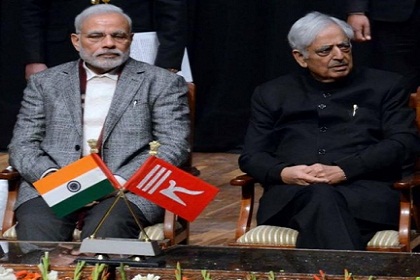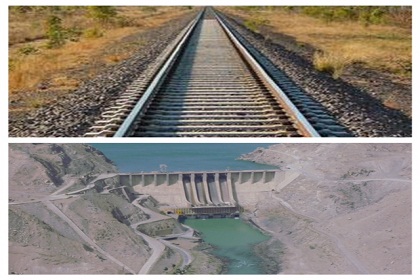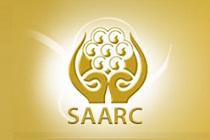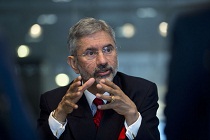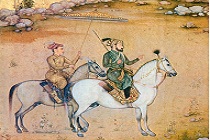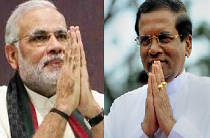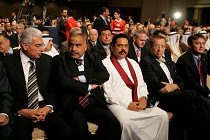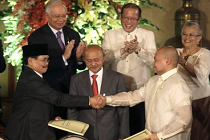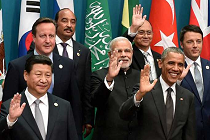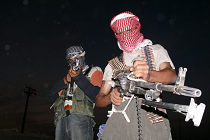Coalitions of opposites
Representative democracy has resulted in coalition governments, comprising parties with opposing agendas, gradually being formed across the world. The Afghan unity government and the BJP-PDP coalition in Jammu and Kashmir are two such coalitions that share numerous similarities, not least of which is the role of Pakistan.

